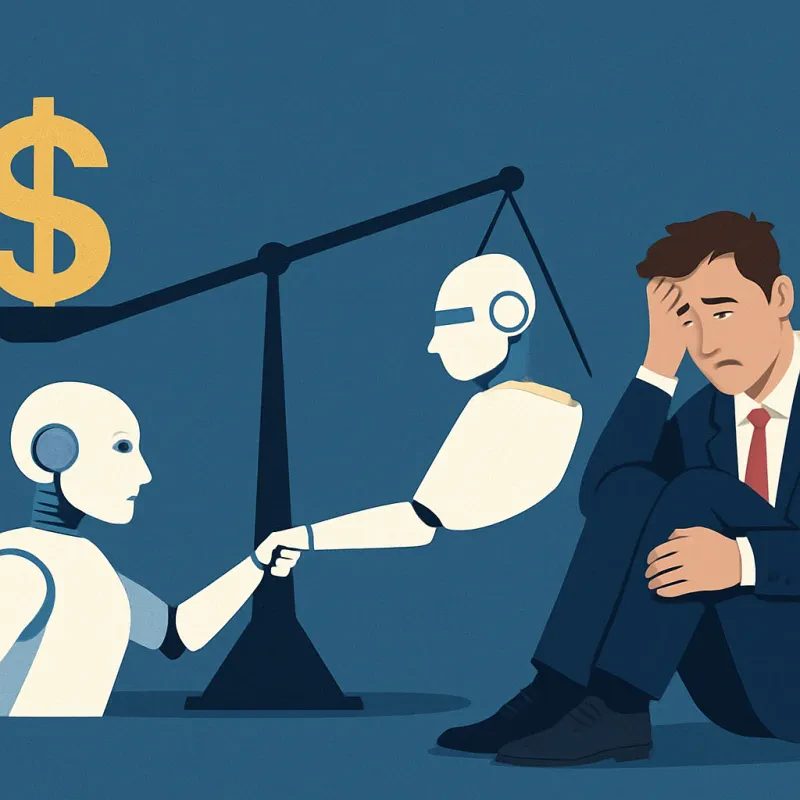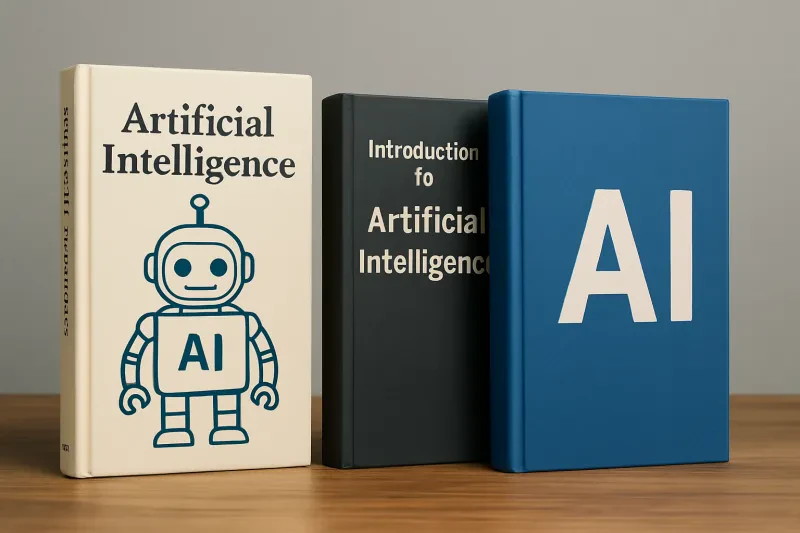When you dive into AI ethics, you’re stepping into a world that’s all about understanding how AI impacts our lives. It’s not just about making tech work; it’s about ensuring that it’s fair and responsible. AI can do amazing things, but it also raises some important questions about privacy, bias, and what it means to be a good person in this digital age.
At its core, AI ethics looks at how we can make sure that AI systems are designed and used in ways that are positive for everyone. This means making decisions that avoid unfair treatment of people. For example, if an AI model learns from biased information, it might treat certain groups badly. Addressing this bias is crucial to building AI that truly benefits society.
Another big piece of the puzzle is privacy. With so much data being used to train AI, how do we keep personal information safe? People want to know that their details aren't being misused. Clear guidelines on data use and the transparency of AI operations are vital to help build trust.
As we navigate this field, it’s essential for developers and users alike to actively engage in these discussions. Understanding AI ethics isn’t just for tech whizzes; it’s for everyone who interacts with AI in any way. Being informed helps us to advocate for a future where AI serves humanity positively, and everyone has a voice in shaping that future.
Key Concerns in AI Development
When diving into AI development, there are a few key concerns that keep popping up. First up is bias. If the data used to train AI systems reflects existing prejudices, the technology can perpetuate those biases. Imagine an AI that makes hiring decisions favoring one group over another. That’s not just unfair; it can have real-world impacts on people's lives.
Then there’s privacy. AI often needs tons of data to function properly. This can lead to concerns about how personal data is collected, used, and stored. People are right to worry about their info being out there, and developers should prioritize protecting users' privacy. Transparency is crucial here—users should know what data is being collected and how it’s being used.
Another biggie is accountability. When an AI system makes a mistake, who takes the fall? It’s essential to establish clear responsibilities to avoid shifting blame. Developers should be upfront about how their systems work and what safeguards are in place to prevent potential harm. This goes a long way in building trust with users.
Lastly, think about job displacement. AI can automate tasks, which sounds great on the surface, but it can also put people out of work. It’s vital to consider how we transition into an AI-driven economy. There should be plans for retraining workers to fit into new roles that may emerge as technology evolves.
Practical Guidelines for Ethical AI Use
When it comes to using AI responsibly, a few straightforward guidelines can help steer you in the right direction. First off, always prioritize transparency. If you’re using AI in any form, be open about how it works and what data it uses. This builds trust, both with users and the wider community.
Another key point is fairness. Make sure your AI systems don’t favor one group over another. Regularly test your models for bias and be proactive in addressing any disparities that crop up. This kind of check can prevent a lot of headaches down the line.
Accountability is also crucial. Establish clear ownership for AI decisions. Knowing who’s responsible for the outcomes can help keep everyone honest and ensure there’s a process for addressing mistakes or issues that arise.
Lastly, always think about privacy. Respect user data and handle it with care. Be clear about what data you collect, how you use it, and give users a choice about their information. Keeping user trust isn’t just good ethics; it’s good business.
Building Trust in AI Technology
Another piece of the puzzle is accountability. It's crucial for companies to take responsibility for their AI's actions. If something goes wrong, there should be a clear way to address it. Users need to know that there's a human behind the technology who will step up if things don’t go as planned. This creates a safety net that boosts users’ confidence in AI systems.
Education plays a big role, too. If people understand AI, they are less likely to fear it. Offering easy-to-understand resources can demystify AI technology. Workshops, online tutorials, and friendly guides can help users gain the knowledge they need to feel secure. The more informed people are, the more they can engage with AI positively.
Finally, ethical use of AI strengthens trust. When companies prioritize fairness and inclusivity in their AI systems, users can sense that commitment. Fair algorithms that don’t discriminate build trust and show that the technology works for everyone. When AI is designed with ethics in mind, it creates a win-win situation for both developers and users.



